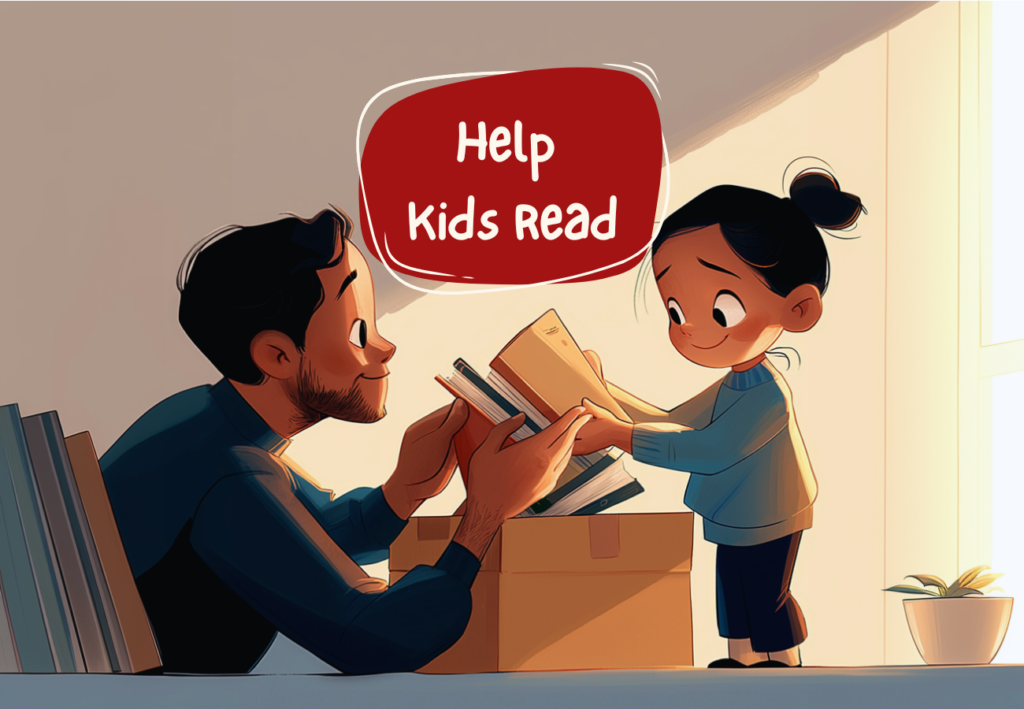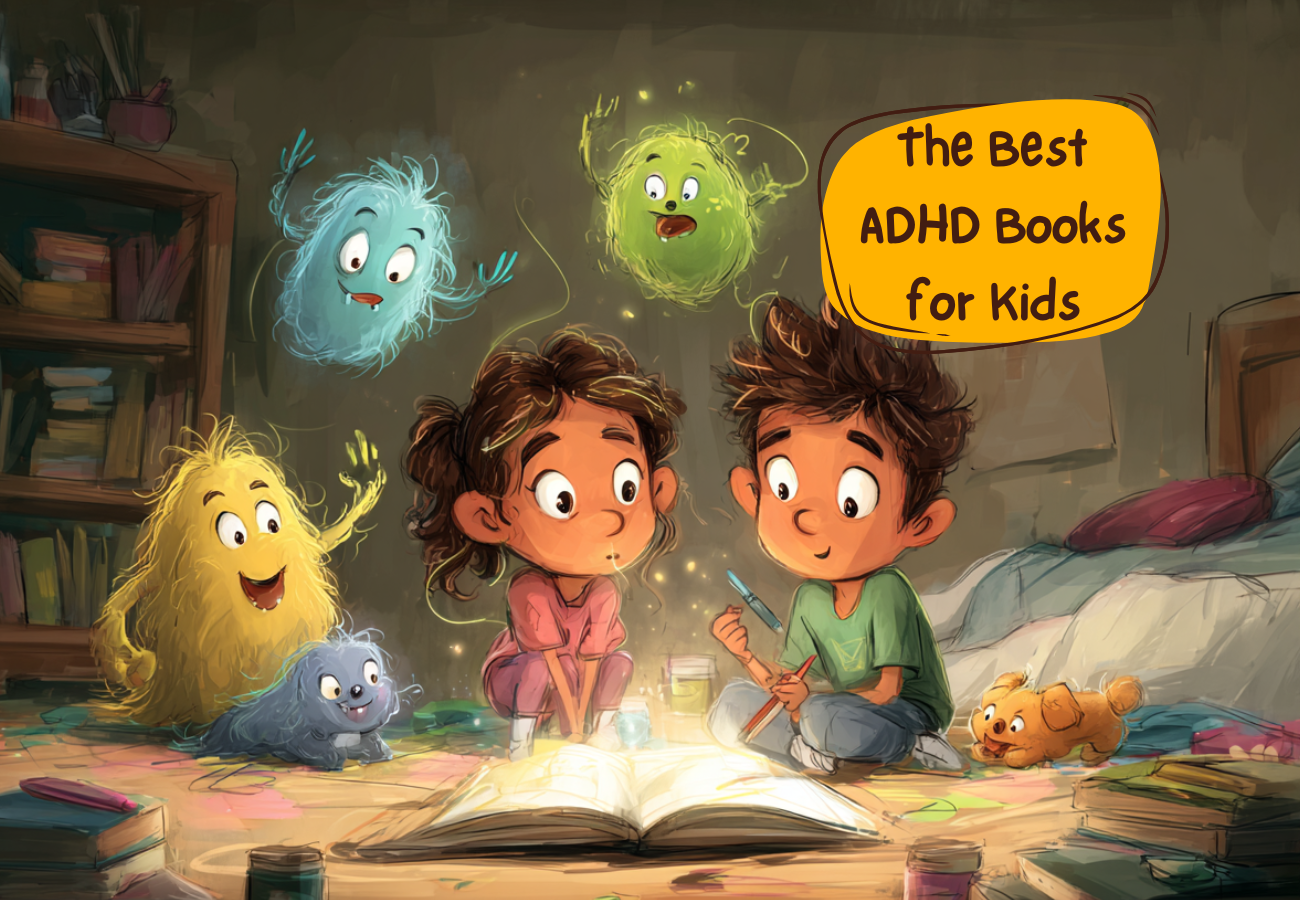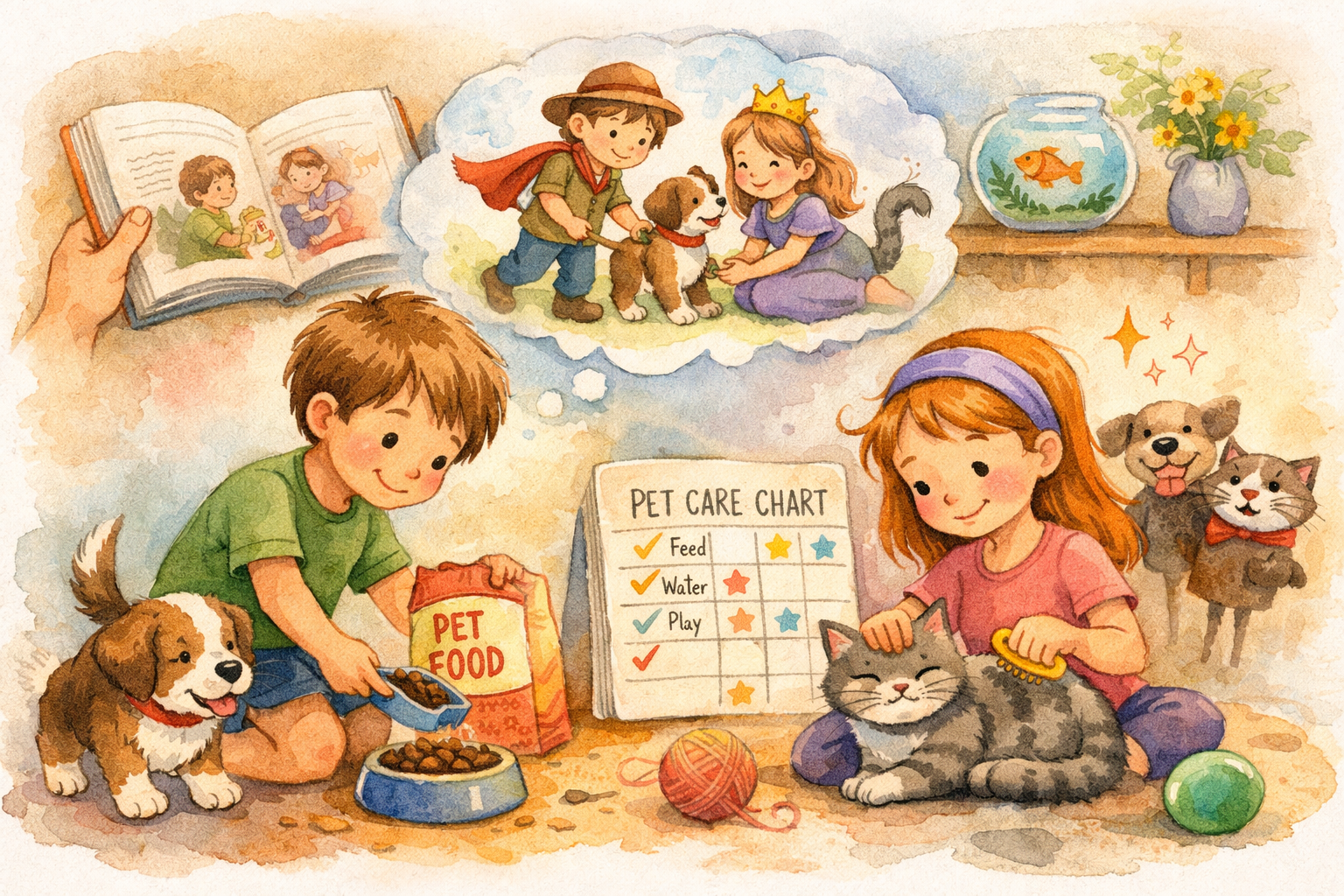How to Support Children in Need: Where to Donate Kids’ Books

Did you know that by donating just one book, you can instill a lifelong love of reading in children and help them develop important skills like empathy and emotional intelligence? If you’re wondering where to donate kids’ books, this guide presents various organizations that accept donations and offers simple, quick ways to make a difference. Supporting children in need is a powerful way to spread kindness while making a lasting impact on their lives. Whether you’re donating books, organizing a gift drive, or contributing in other ways, your efforts can create positive change.
Here’s a complete guide on how you can get involved, where to donate, and why your actions matter.
Why Donating Matters: Key Facts and Benefits
- Impact on Literacy: According to the World Bank, over 258 million children globally lack access to education and basic resources like books. Donating helps bridge this gap.
- Emotional Growth: Research shows that reading books improves children’s ability to understand and relate to others, fostering empathy and social skills.
- Breaking the Cycle of Poverty: Access to books and educational resources empowers children to rise above challenging circumstances, opening doors to better opportunities.
1. Donate Kids’ Books to Charitable Organizations
Donating gently used children’s books is one of the most impactful ways to give back. Here are some trusted organizations that make it easy:
- Books for Africa: This organization sends books to underserved children across Africa, improving literacy and educational opportunities.
- Bernie’s Book Bank: Collects and distributes books to low-income children in the U.S., nurturing a love of reading.
- Book Bank Foundation: Provides donated books to children, schools, and organizations across the U.S., ensuring access to valuable educational resources.
Quick Tip: Before donating, ensure your books are in good condition — clean, intact, and age-appropriate.
2. Look for Local Shelters, Libraries, and Schools
Many local organizations welcome donations that support learning and emotional development. Consider these options:
- Public Libraries: They often accept gently used books to supplement collections or sell in book sales to fund library programs.
- Homeless Shelters: Many family shelters accept children’s books and educational materials to brighten the lives of the children staying there.
- Local Schools: Reach out to schools in low-income areas to see if they need books for their libraries or classrooms.
3. Donate to Non-Profits Focusing on Emotional Intelligence
Some organizations go beyond literacy, focusing on emotional well-being and development:
- First Book: Provides new books to children from low-income families, helping them develop critical emotional and social skills.
- Reading is Fundamental (RIF): Combines literacy programs with opportunities to enhance children’s emotional intelligence.
4. Host a Book Drive
Want to involve your community? Hosting a book drive is an excellent way to gather books for children in need. Many organizations provide guidance and resources for organizing drives, ensuring your efforts reach those who need it most.
Download our free poster with QR codes and donation links!
Print and display it at your school, daycare, or community board to help others easily find where to donate kids’ books.
Make it simple to get started by downloading our free checklist for hosting a successful book drive!
5. Donate Through Online Platforms
For a more convenient option, you can donate books and other items through online platforms:
- GiveBackBox: Donate books and other goods by shipping them to local charities through their system.
- Freecycle Network: List your books online for free, connecting directly with families in need.
6. Beyond Books: Other Ways to Support Kids
Books aren’t the only way to make a difference. Here are additional ideas:
- Clothing Donations: Many families struggle to afford adequate clothing. Consider donating children’s clothing to local shelters or thrift stores.
- Gift Drives: During the holidays, organizing a toy or gift drive can bring joy to children in difficult situations.
Real Impact: Stories of Kindness
Meet Sophia, a 7-year-old girl who received her first picture book through a local book drive. “It’s my favorite book! I read it every night,” she shared. Donations like yours can create moments of joy and growth for children like Sophia.
Why It Matters
Every book donated represents an opportunity for a child to grow, learn, and thrive. Beyond literacy, books foster emotional intelligence, helping children develop empathy, confidence, and resilience. Acts of kindness like donating books open doors to new possibilities for children who might otherwise lack access to these life-changing resources.
Nurture Kindness and Empathy with the My Superpower Books Box Set
Looking for a way to promote emotional intelligence and kindness in children? Check out the My Superpower Books Box Set! This collection is perfect for teaching values like empathy, gratitude, and confidence through engaging stories. Whether you’re donating the set or gifting it to a child in your life, it’s a meaningful way to inspire and empower young minds.
FAQs: Common Questions About Donating
- Where can I donate kids’ books locally?
Check with local libraries, schools, and shelters. They’re often in need of gently used books. - What types of books are most needed?
Children’s books for all age ranges, from picture books to young adult novels, are highly valuable. - How does donating books help children?
Donations improve literacy, foster emotional growth, and provide opportunities for educational success. - Are book donations tax-deductible?
Many organizations offer tax receipts for donations. Check with the charity for details.
Get Involved Today!
Whether you’re donating books, hosting a drive, or supporting non-profits, your actions can make a lasting impact. Start spreading kindness and promoting empathy by reaching out to local organizations, donating online, or exploring ways to support kids in your community. Together, we can create a brighter future for children in need.
More articles

The Best ADHD Books for Kids: Supportive Reads for Children and Parents
Supporting a child with Attention-Deficit/Hyperactivity Disorder (ADHD) starts with understanding their world—how they think, feel, and navigate daily challenges. One of the most effective tools for building empathy, resilience, and confidence is reading. The right ADHD books for kids help children feel seen, understood, and empowered. At the same time, high-quality books for parents of […]

Kid-Friendly Ways to Learn Responsibility Through Storytelling and Pets
Teaching responsibility to children can sometimes feel like herding cats – adorable, unpredictable, and a little exhausting. One day they’re eager to help, the next they’ve completely forgotten what they promised to do. The good news? Responsibility doesn’t have to be forced or boring. When you mix the power of storytelling with the real-life experience […]

The Best Spanish Books for Kids: Fun and Engaging Books
Introducing children to a second language early opens the door to stronger communication skills, cultural understanding, and long-term academic benefits. Whether you’re a teacher, parent, or bilingual family, choosing the right Spanish books for kids is one of the most effective and enjoyable ways to support language learning. High-quality books in Spanish for kids build […]



